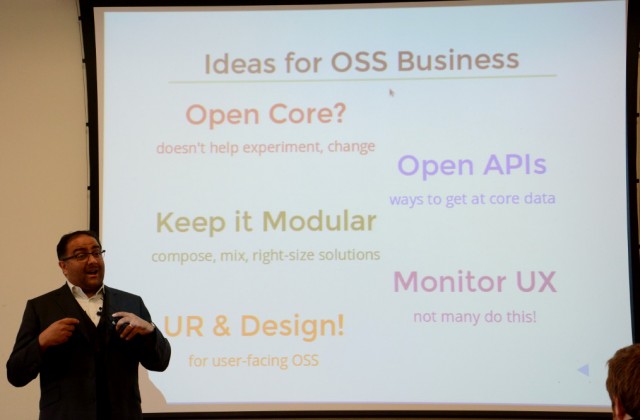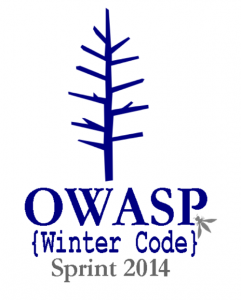The 12th International Conference on Open Source Systems (http://oss2016.org)
Gothenburg, Sweden, 30 May – 02 June 2016
Scope of OSS 2016
Free/Libre Open Source Software (FLOSS) has had a disruptive effect on the software industry and the ways that organizations and individuals create, distribute, acquire and use software and software-based services. The FLOSS movement has created new kinds of opportunities such as the emergence of new business models, knowledge exchange mechanisms, and collective development approaches. On the other hand, the movement has introduced new kinds of challenges, especially as different problem domains embrace openness as a pervasive problem solving strategy. FLOSS can be complex yet widespread and often cross-cultural. Consequently, they require an interdisciplinary understanding of their technical, economic, legal and socio-cultural dynamics.
Many organizations that have been known for developing proprietary software are now actively involved with FLOSS. FLOSS adoption continues to grow among businesses, governments, and other organizations. FLOSS remains important for educators and researchers, as well as an important aspect of e-government and information society initiatives, providing access to high-quality software and the code used to create it.
The goal of 12th International Conference on Open Source Systems, OSS 2016 is to provide an international forum where a diverse community of professionals from academia, industry and public sector, and diverse FLOSS initiatives can come together to share research findings and practical experiences. The conference is also a forum to provide information and education to practitioners, identify directions for further research, and to be an ongoing platform for technology transfer, no matter which form of FLOSS is being pursued.
(more…)




